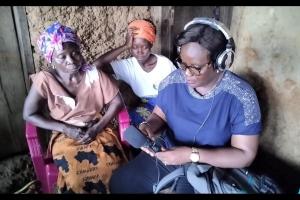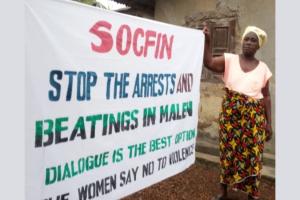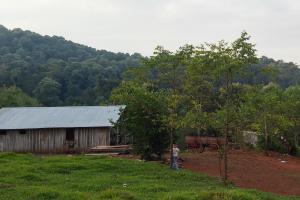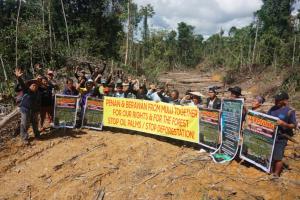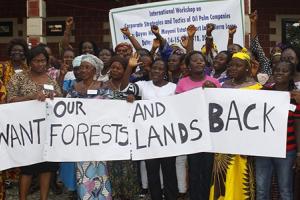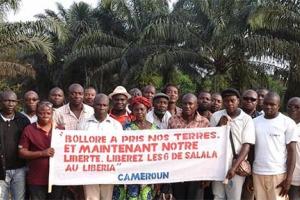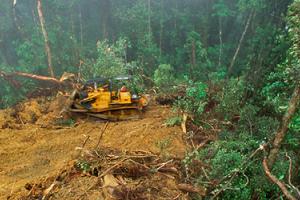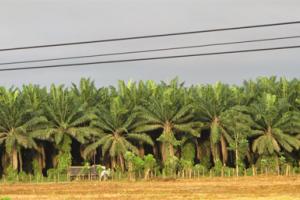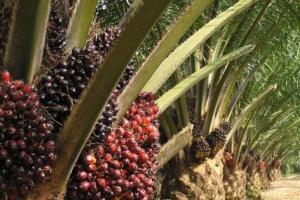Palm Oil
The oil palm tree is native to West Africa. It is an important tree for forest-dependent communities, their cultures and their economies. However, large-scale oil palm monocultures for industrial production (oil and agrofuels) have been driving deforestation and land grabbing in Southeast Asia. More recently, oil palm monocultures are also driving destruction in Africa and Latin America.
Oil palm company Socfin has meant oppression for affected communities. Yet, women have to confront another patriarchic system. Paramount Chiefs are the custodian of the land according to customary law, which often give men decision-making and ownership power over land.
Patriarchal oppression is inseparable from the industrial plantation model, and it is at the base of how companies generate profits. Companies target women, including due to their fundamental role in community life.
While the destruction of forest territories continues, more pledges, agreements and programs are being implemented in the name of ‘addressing deforestation and climate change’.
Millions of hectares of mostly forested areas in Malaysia have been targeted for developing monoculture plantations –including expanding timber plantations-, however, many of these have not been fully developed yet.
Villagers in Sierra Leone Ponder their Future after Winning their Lands Back from a Palm Oil Company
After a decade of struggling against a company that grabbed their lands and erected oil palm plantations, a court has ruled that the lands must be given back to the communities. Now they are trying to figure out what they should do with the large areas of lands that have been occupied by oil palms. (Available in Swahili).
